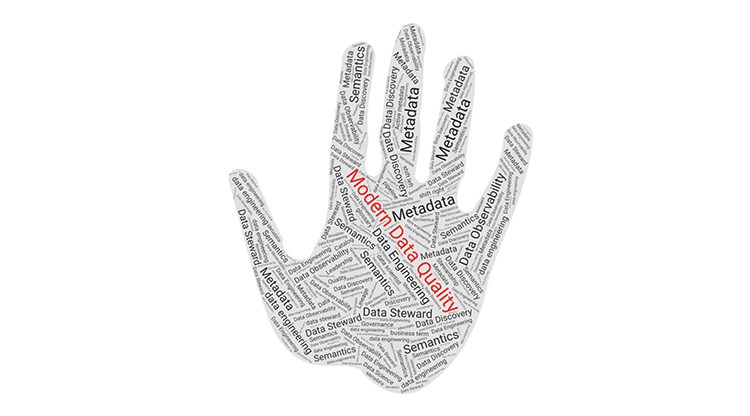
With the growth in data and the adoption of cloud architecture or hybrid with data spread across cloud and on-premise, both producers and consumers of data are shifting away from the traditional ideologies around Centralized Data Ownership towards new principles around “Decentralized Data Ownership.” Instead of flowing the data into a central location, more and more domain owners are adopting the principles of “Data as a product” and serving datasets in an easily consumable way using self-service data infrastructures. Today’s modern data teams use a variety of architectures ranging from Cloud Warehouse to Lakehouse, Data Virtualization to Data Fabrics or Mesh to suit their varying needs of speed and compute power.
When it comes to leveraging data for improved day-to-day operations or better Strategic decisions, organizations need to look across both perspectives of minds – Data minds and Business minds as below.
Data Minds are data producers (predominantly Data engineers) who build infrastructure and data products for consumption by business users or end users. Business minds are data consumers of this made-available data that perform analysis to aid in business decisions or strategies. Both of these minds view data differently based on their roles, and their view of data quality is very different, as are their measurement and observations made. Different personas ( Data Engineers, Scientists, Data Stewards, Data Analysts, etc.) look at the same data through different lenses; however, they still need to come together and collaborate to win. This support of various personas is foundational and critical for better business outcomes and to enable organizations to become more data-driven.
To facilitate collaboration across personas and establish “Decentralized Data Ownership,” we should move away from traditional methods to converge multiple capabilities in one platform, such as data observability, business quality, and semantic discovery. In these so-called Modern Data Quality platforms, various personas can collaborate meaningfully to make organizations more data-driven and deliver reliable and accurate data. This shift also requires moving from rule-based manual data quality checks to a more automated, continuous, and semantic-powered Modern Data Quality Platform harnessing the combined power of Data Observability, Data Quality Stewardship, and Semantic Discovery.
However, being a Modern Data Quality Platform is more than that. Below is a detailed comparison of what makes the Modern Data Quality Platform different from Traditional/Legacy Data Quality and quite powerful. With Modern Data Quality, not only you can do automatically observe data reliability checks either on pipelines or at warehouses but also business “fit-for-purpose” checks across your ecosystem irrespective of cloud, on-premise, or hybrid.